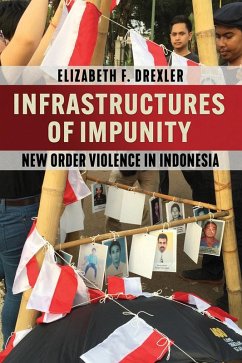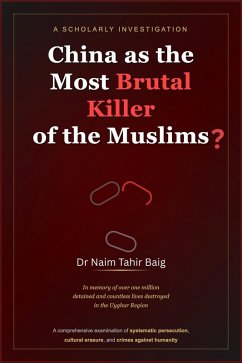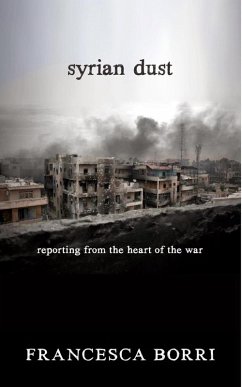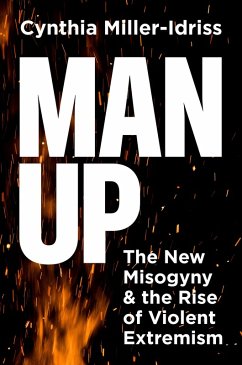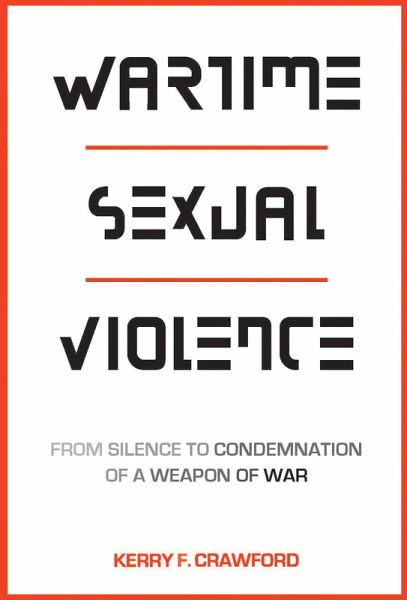
Wartime Sexual Violence (eBook, ePUB)
From Silence to Condemnation of a Weapon of War

PAYBACK Punkte
12 °P sammeln!
Reports of sexual violence in armed conflict frequently appear in political discussions and news media, presenting a stark contrast to a long history of silence and nonrecognition. Conflict-related sexual violence has transitioned rapidly from a neglected human rights issue to an unambiguous security concern on the agendas of powerful states and the United Nations Security Council. Through interviews and primary-source evidence, Kerry F. Crawford investigates the reasons for this dramatic change and the implications of the securitization of sexual violence.Views about wartime sexual violence b...
Reports of sexual violence in armed conflict frequently appear in political discussions and news media, presenting a stark contrast to a long history of silence and nonrecognition. Conflict-related sexual violence has transitioned rapidly from a neglected human rights issue to an unambiguous security concern on the agendas of powerful states and the United Nations Security Council. Through interviews and primary-source evidence, Kerry F. Crawford investigates the reasons for this dramatic change and the implications of the securitization of sexual violence.
Views about wartime sexual violence began changing in the 1990s as a result of the conflicts in the former Yugoslavia and Rwanda and then accelerated in the 2000s. Three case studiesthe United States' response to sexual violence in the Democratic Republic of Congo, the adoption of UN Security Council Resolution 1820 in 2008, and the development of the United Kingdom's Preventing Sexual Violence in Conflict Initiativeillustrate that use of the weapon of war frame does not represent pure co-optation by the security sector. Rather, well-placed advocates have used this frame to advance the antisexual violence agenda while simultaneously working to move beyond the frame's constraints. This book is a groundbreaking account of the transformation of international efforts to end wartime sexual violence.
Views about wartime sexual violence began changing in the 1990s as a result of the conflicts in the former Yugoslavia and Rwanda and then accelerated in the 2000s. Three case studiesthe United States' response to sexual violence in the Democratic Republic of Congo, the adoption of UN Security Council Resolution 1820 in 2008, and the development of the United Kingdom's Preventing Sexual Violence in Conflict Initiativeillustrate that use of the weapon of war frame does not represent pure co-optation by the security sector. Rather, well-placed advocates have used this frame to advance the antisexual violence agenda while simultaneously working to move beyond the frame's constraints. This book is a groundbreaking account of the transformation of international efforts to end wartime sexual violence.
Dieser Download kann aus rechtlichen Gründen nur mit Rechnungsadresse in A, D ausgeliefert werden.










